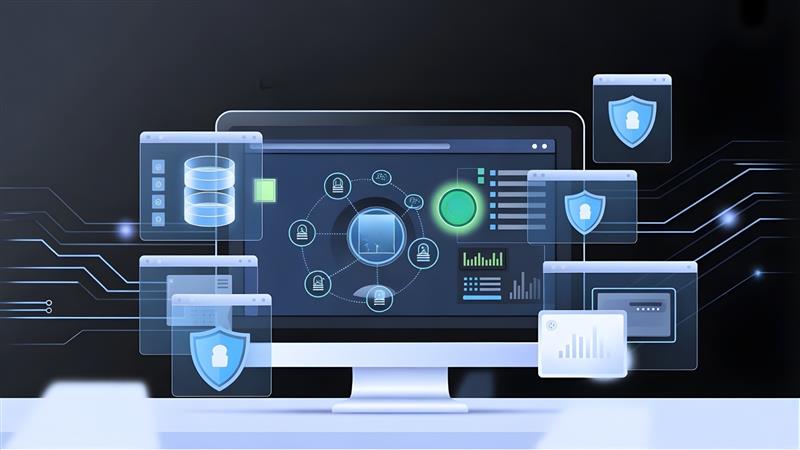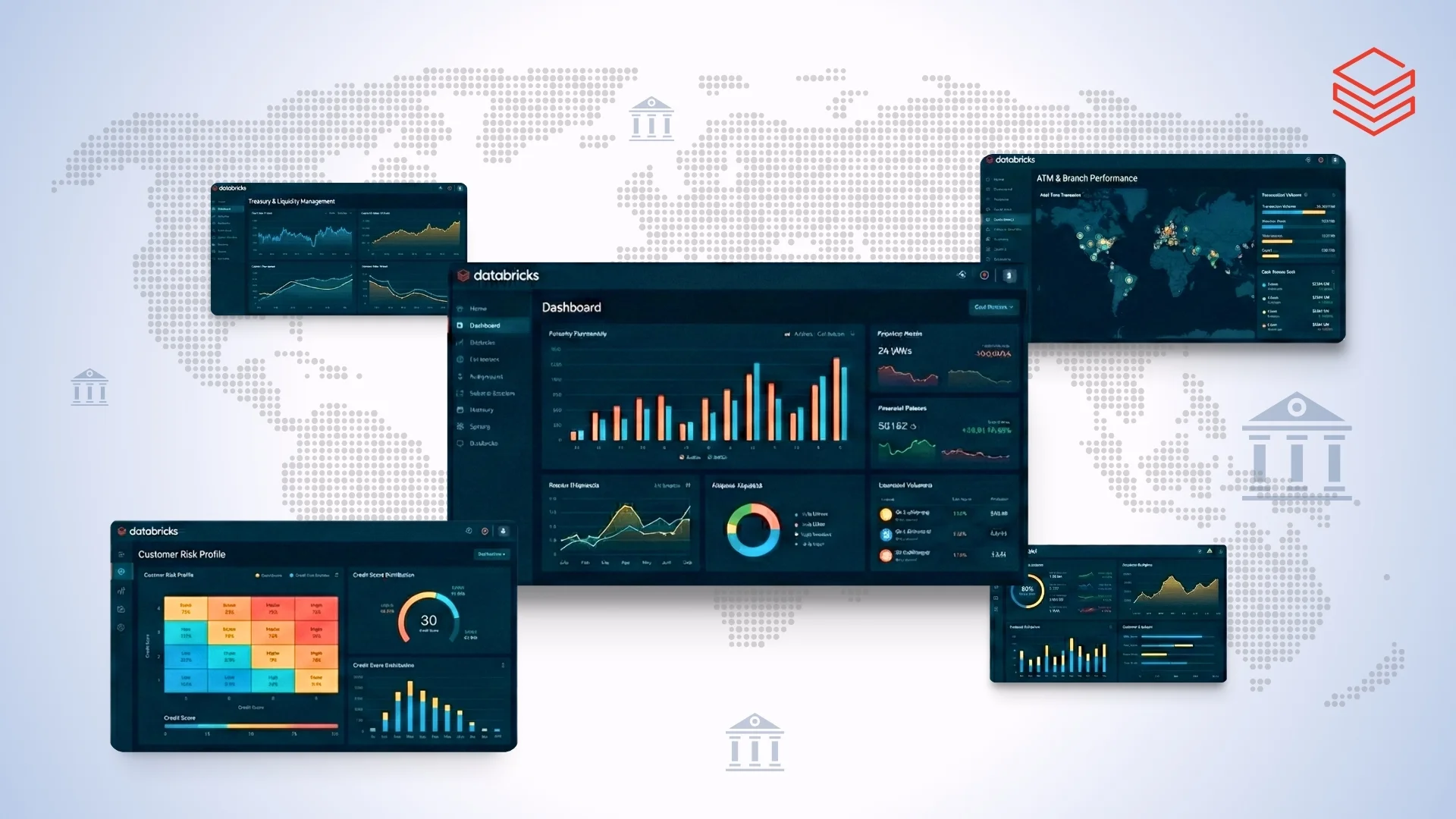Introduction
On demand developers are becoming increasingly popular among both startups and established businesses. In many businesses, on demand developers are entrusted with crucial tasks that would otherwise fall to full-time employees. Employing on demand developers offers businesses a number of advantages, including the ability to collaborate with them on flexible schedules without having to hire expensive in-house staff and to save money on large projects. Despite the financial benefits and freedom that come with employing an on-demand developer, there are significant cybersecurity threats that must be taken into account. After all, unlike full-time employees, an on-demand developer doesn’t have access to a specialized cybersecurity department.
Businesses need to make sure they have the proper policies and protocols in place to supervise on demand developers since they are technically external resources acquired through online platforms or on-demand development service providers and brought into the organizational fold for a brief duration. This blog will look into the critical issue of data security, and the steps businesses can take to protect their data while working on-demand.
Table of Contents
Why is cybersecurity important for an on-demand developer?
Although cybersecurity measures are essential for anyone with an electronic device, they are more crucial for on demand developers, remote workers, and freelancers. In addition, on demand developers do not have the luxury of a dedicated cybersecurity team to safeguard them in the same manner that full-time, traditional employees do. In addition, they have access to large amount of sensitive information of a company and can be an easy target for cybercrime.
Furthermore, on demand developers typically have to pay for their own work-related equipment, such as computers, phones, and software, out of their own pockets. This is in contrast to the norm in the workplace, where employees are typically provided with company-issued computers that have security software such as malware scanners.
Here’s how you ensure the security of your data when working with on demand developers:
Threats to a company’s data security can be devastating, but they can also be completely avoided if preventative measures are taken. Adopting appropriate strategies is crucial if you want to keep your organization running smoothly. Here are some useful suggestions to get you started on the path to ensuring the security of your company’s data.
Establish a cybersecurity policy.
Educating and making sure that every employee is aware of the importance of data security is the first step in safeguarding company data. Some employees may still be unaware of the personal and professional importance of data security. Employees may believe that they do not need to be concerned with data security if they do not work directly with client data or if they do not occupy a position of authority within the organization. Organizations cannot presume that their staff understands cybersecurity and their involvement in it.
Every organization, regardless of size, should have a solid cybersecurity strategy. It should be specific enough to indicate how to protect data and the steps to take if something goes wrong. Such an approach would assist in adopting a proactive mindset, helping you to avert any dangers from negatively impacting the organization. In addition, a response strategy ensures that you are prepared before any issue occurs rather than reacting immediately and making the situation worse. Everyone at the organization must take responsibility for securing employer data, and having a clear policy in place ensures that all employees, whether they work remotely or not, on demand developers or freelancers, know what is expected of them when it comes to securing company data.
Rahid Alekberli, Technology adviser-ADA University, tweeted Art Wittmann quote on the importance of cybersecurity saying “As we’ve come to realize, the idea that security starts and ends with the purchase of a prepackaged firewall is simply misguided.”
Secure collaboration tools
Many software companies use collaboration tools that help people work together. They make it easy for employees to work faster, keep track of tasks, and talk to each other more effectively. But employees might be tempted to communicate private information with their coworkers while using them. This is an easy way for security to be put at risk.
Collaborative tools can be formally implemented across an organization, but personnel seeking more effective means of handling their tasks can also begin utilizing unauthorized collaboration tools. The so-called “shadow IT” poses a significant risk to data security since workers may transfer confidential information via unproven methods.
The use of data loss prevention (DLP) software like Endpoint Protector enables administrators to monitor and restrict the transmission of critical information in and out of the widely used chat and conferencing apps such as Skype, Slack, Zoom, and Microsoft Teams. It recognizes sensitive material across collaborative tools and applies policies restricting its use and transfer based on specified profiles for IP, source code, and personally identifiable information.
Implement Countermeasures
All personnel should be aware of the pertinent cyber threats; therefore, it is beneficial to increase their security knowledge. In addition, here are some of the effective countermeasures businesses can implement to protect their data.
Establish stringent guidelines for the exchange of documents, communicate these restrictions to on demand developers, and refuse to access files that do not conform to the requirements.
Make use of a virtual machine or dedicated computer that is not connected to the rest of the network in order to process or inspect files received from external sources, and make sure it is equipped with a security solution that prevents the exploitation of vulnerabilities or the opening of a link to a malicious website. By implementing this measure, you can lessen the severity caused by the external threat.
After the employment connection has ended, the most critical step is to delete or deactivate the on-demand developer or freelancer’s account. Alternately, in systems that destroy all data related to the account, you should, at the very least, change the password and linked email.
Maintaining a central database of who has access to which services will allow you to withdraw all privileges upon the completion of the project, and it can also be handy while investigating an occurrence.
If possible, establish a separate infrastructure for the on demand developers’, freelancers’, and subcontractors’ projects and files and perform a malware scan on all files uploaded to the cloud storage or corporate server.
Dejan Košutić, CEO at Advisera, tweeted a quote from Cybersecurity expert James Scott on the importance of implementing different security measures, “There’s no silver bullet solution with cybersecurity, a layered defense is the only viable defense.” Let’s discuss multifactor authentication.
Access rights
On demand developers often gain access to an organization’s internal digital infrastructure, such as file-sharing sites, project management software, video conferencing tools, instant messaging programs, cloud storage, and so on, in order to work together on a project. There are two common pitfalls to avoid in this situation: giving the freelancer too much access and failing to revoke access after the job is done.
In general, the idea of least privilege should be used when assigning privileges. An on-demand developer’s privileges should be limited to what is strictly necessary for the task at hand. Unlimited access to sensitive data, such as file storage or conversation logs, might be dangerous. Auxiliary services may hold a lot of useful information, so don’t discount them.
Educate employees
One of the most important things you can do to protect your data is to get some cybersecurity training. Depending on your security policies, training can be extended to on demand developers and freelancers. Due to the dynamic nature of technology and cybercrime, businesses have a responsibility to train their staff and on demand developers on the most recent frauds and attacks. Providing staff with consistent training to help them acquire the information and abilities they need to protect company data is crucial. Passwords, email scams, and phishing are just a few of the subjects covered in training. Rather than starting from scratch, it is preferable to build on people’s current knowledge and abilities to gradually raise the bar for how everyone in the company handles security. To keep teams updated on the most recent scams and attacks, you may create a dedicated Slack channel.
Create BYOD policies.
Large companies realize the importance of establishing a “bring your own device” (BYOD) strategy. Employees can purchase their own devices at a discount. The implication is that the gadgets themselves are not safe. When employees take company-issued devices home with them, the gadgets leave the protected confines of the business’s internal network. Several large corporations are taking measures to address this issue by placing restrictions on the transfer of sensitive data to mobile and other off-site devices. Some businesses are allowing workers to match the security of their own devices to that of company-issued ones. Some businesses, for instance, have automatic delete programs set up to erase sensitive information from a device if it leaves a predetermined area.
Backup data regularly
Even though employees are the most important component of an effective strategy for the security of business data, you should still take the necessary precautions to ensure that your company’s data is safeguarded in the event of any unforeseen occurrence. Despite the fact that businesses are aware of the potential risks, a significant number of businesses do not frequently back up their data. Using more sophisticated technologies, data backups may be readily automated, which ensures that the company is risk-free at all times. The odds of a business surviving a major catastrophe in the future are increased when sensitive data is backed up or stored on the cloud. This increases the company’s chances of surviving any major disaster that may occur in the future.
Develop a contingency plan.
Nothing you can do to avoid a breach will be 100% foolproof. As a result, before committing to a team of on demand developers, it’s crucial to have the forethought to create a backup plan. Having a contingency plan in place can save your company millions of dollars and prevent irreparable damage to your company’s reputation if your business is found to be in breach of any regulations. It is important to have a contingency plan in place when working with on demand developers or freelancers, as it helps in outlining the steps to be taken in the event of a data breach. This can also ensure that your company is prepared to deal with the situation, whether that means contacting legal counsel, implementing data recovery procedures, or informing any affected partners. Since the company is answerable to the public and government, having a PR response prepared will be the firm’s saving grace in such circumstances. During such sad misfortunes, a company is required to take the non-negotiable step of deploying a balanced and proactive reaction.
Conclusion
Employing on demand developers does not have to jeopardize the data security of a business. When these best practices in cybersecurity are communicated to on demand developers and put into place, they can become the de facto standards by which the entire company operates, giving every employee the peace of mind that comes from knowing they are doing everything in their power to safeguard sensitive company information.
Sparity is one such on demand development service provider that helps you find a developer on demand for either short-term or long-term projects. Sparity’s on demand developers are seasoned professionals that understand the nuances of cybersecurity and are trained to adopt cybersecurity best practices to address vulnerabilities and improve their data security.















